We are looking forward to the “If You Are in Advertising, You May Be a Racist“ panel on race and representation in advertising at the upcoming SXSW Music Film Interactive Festival. This panel was inspired by our film Through A Lens Darkly and the Digital Diaspora Family Reunion Roadshow. In fact, many of the most egregious stereotypical images that surfaced during our research for the film came from ads that we found many of which are still in circulation on the internet. As Jason Chambers, in his book Madison Avenue and the Color Line: African Americans in the Advertising Industry, writes on the impact advertising had on shaping our ideas around race, family, respectability and humanity:
“Blacks in 20th century advertising were subservient objects that served the cornucopia of products hawked in advertisements, but rarely subjects who used them. The explicit message that ads delivered with crystal clarity was that consumers were white. In picturing blacks in servant roles and whites in command, advertising images visibly upheld the assumed social organization of everyday society.”
Beyond their role as servants, advertisements in the late 19th and early 20th century commonly represented blacks as lazy, ignorant, violent, or as little more than comic relief. Negative images of blacks also frequently circulated in the broader culture on trading cards, dolls, children’s books, cooking utensils and other products. Caricatures of African Americans advertised Nigger Head Tobacco, and coal black children, the Gold Dust Twins, were symbols of a popular soap powder. Already the proliferation of degrading images of blacks in commercial and leisure items helped transmit ideas of black inferiority even as real blacks tried to claim the full privileges of citizenship in the early 20th century. “The child growing up in the home of an average northern family may not have been taught to hate the black race, but more than likely the child caught the basic principal of prejudice from day to day living” noted one scholar. It wasn’t until the 1940’s when Pepsi Co was the first company to start an ad campaign geared specifically to black families, although the campaigns were limited to Black publications, leaving white audiences totally unaware of Black people as sharing in American consumer tastes.
At the SXSW panel, we will be presenting Digital Diaspora Family Reunion and its 1World1Family album campaign as an antidote to this legacy of misrepresentation so embedded in the history and culture of advertising.
As part of our crowd sourcing, we welcome comments, questions, concerns and images that you would like to see discussed during the panel. Please feel free to include these in the comments section of this blog and we will do our best to make sure your voices are heard.
Below are my fellow panels and their bios. I will be the only artist/filmmaker on the panel.
Thank you for your support!!!
– Thomas Allen Harris
Presenters:
 Arwa Mahdawi, Chief Strategy & Innovation Officer at Cummins&Partners
Arwa Mahdawi, Chief Strategy & Innovation Officer at Cummins&Partners
Arwa Mahdawi is a partner at cummins&partners, an advertising agency in New York. She is a regular commentator on the tech and advertising industry and has appeared on the Australian TV show The Gruen Transfer.
 Erin Swenson Gorrall, Group Planning Director at MullenLowe U.S
Erin Swenson Gorrall, Group Planning Director at MullenLowe U.S
As a Group Strategy Director at MullenLowe, Erin leverages primary research to truly understand what motivates the consumer. With a background in comms planning, she is always keeping the consumer’s relationship with media in mind. Erin believes that great media plans start with an unexpected insight that will change the trajectory of the campaign and give our clients an unfair advantage. She has over 10 years in the industry working on a variety of brands, including MINI Cooper, Burger King and Anheuser-Busch. Before coming to Boston, Erin was a planning director at Ogilvy & Mather Chicago, leading the SC Johnson home care business. She started her career in media at Crispin Porter + Bogusky.
 Louie Moses, Pres/Creative Director at Moses Inc
Louie Moses, Pres/Creative Director at Moses Inc
Louie Moses is the Creative Director and President of Moses Inc. in Phoenix AZ. Fast Company magazine called Louie, “The poster child for creativity…” and Communication Arts called the agency, “The most creatively awarded agency in Arizona.” Louie has won every major creative award including 7 Clios and 3 Emmy Awards. Louie has worked on such brands as Joe Boxer, Ben & Jerry’s, US Airways, The GRAMMY Museum, Shutters Hotel on the Beach, Nintendo, Ubisoft and the Wii. Louie’s garage band, Random Karma, has opened for many headliners playing in Phoenix like the Flaming Lips, Cracker, Roger Clyne and the Peacemakers, Robin Trower, Brett Micheal and Alice Cooper. Louie was selected as Ad Person of the Year and Tourism Person of the Year. He is a 15 year member of the Art Director’s Club of New York.
 Thomas Allen Harris, Filmmaker/Co-Founder at Chimpanzee Productions
Thomas Allen Harris, Filmmaker/Co-Founder at Chimpanzee Productions
Thomas Allen Harris is the founder and President of Chimpanzee Productions, a company dedicated to producing unique audio-visual experiences that illuminate the Human Condition and the search for identity, family, and spirituality. Chimpanzee’s innovative and award-winning documentary films and transmedia projects have received critical acclaim at International film festivals such as Sundance, Berlin, Toronto, FESPACO, Outfest, Flaherty and Cape Town and have been broadcast on PBS, the Sundance Channel, ARTE, as well as CBC, Swedish Broadcasting Network and New Zealand Television. Mr. Harris’ latest film, Through A Lens Darkly: Black Photographers and the Emergence of a People, was awarded the 2015 NAACP Image Award for Outstanding Documentary Film, an Africa Movie Academy Award for Best Diasporic Documentary, and Fund for Santa Barbara Social Justice Award.
If You Are in Advertising, You May Be a Racist
Saturday, March 12, 2016
5:00pm-6:00pm
Hilton Austin Downtown, Salon K, 500 E 4th St
“The target audience is a 35–45 year-old white male” or “the target is a 28-year-old Hispanic woman.” You know this brief, or something like it. You know how to use creative to speak to that exact person, and media tools to pinpoint that person’s every move. What you don’t know is that you may be contributing to the racial divide in America. From Ferguson to Baltimore to Charleston, the list goes on and on this year of instances when race has caused us to break down as a society. And while advertising cannot heal all, we pose the question: Can advertising start a conversation, and then start a movement that breaks down the race barriers instead of propagating them through hypertargeting?
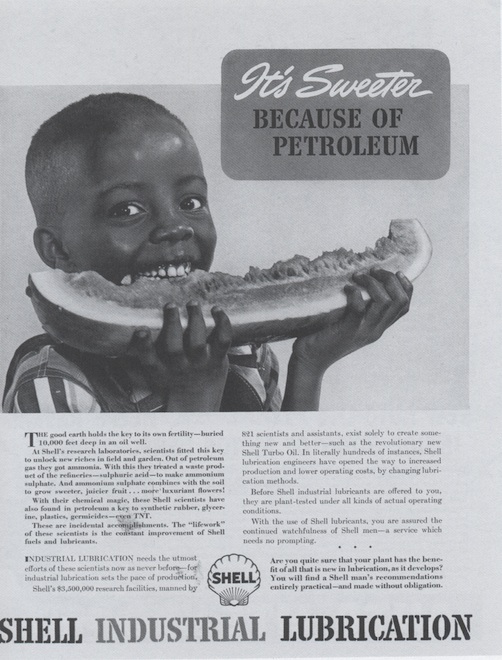
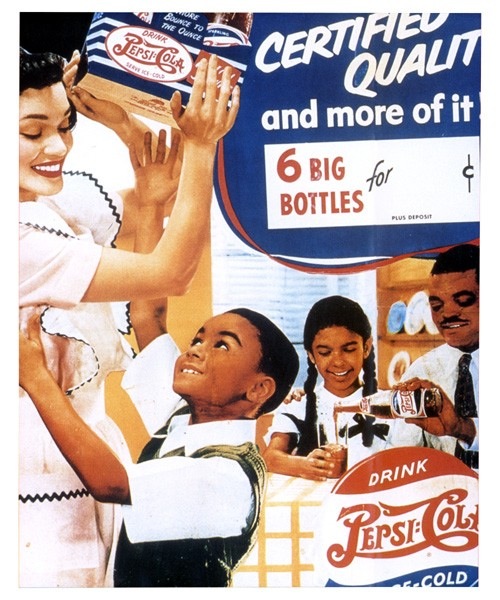
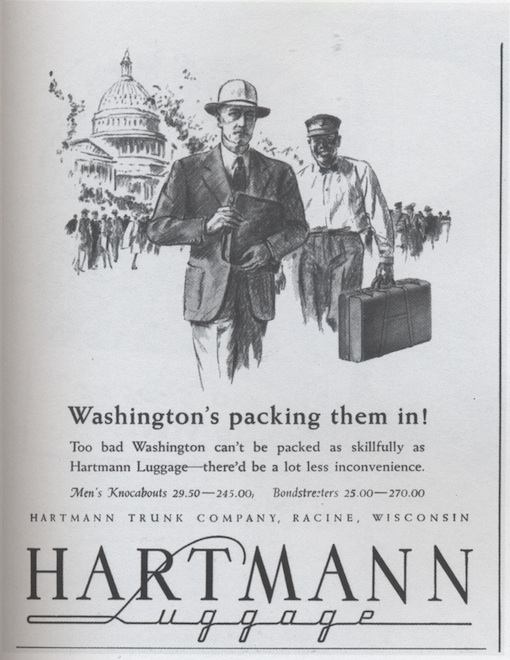
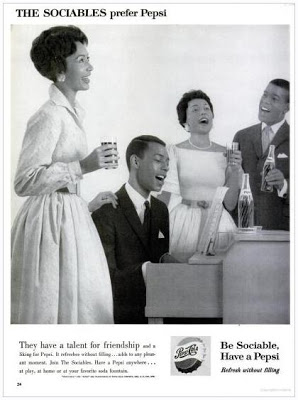
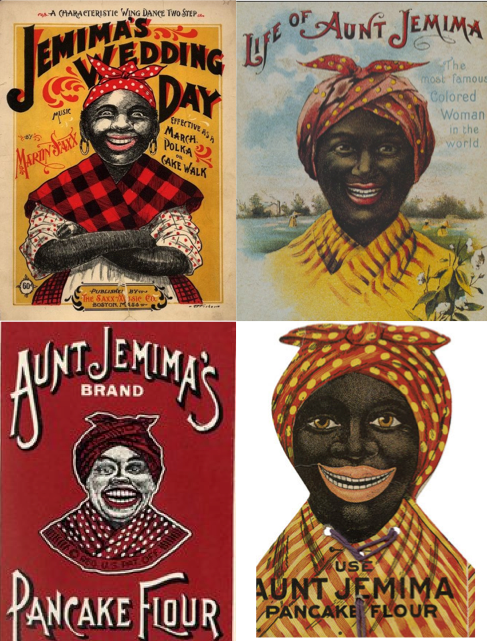
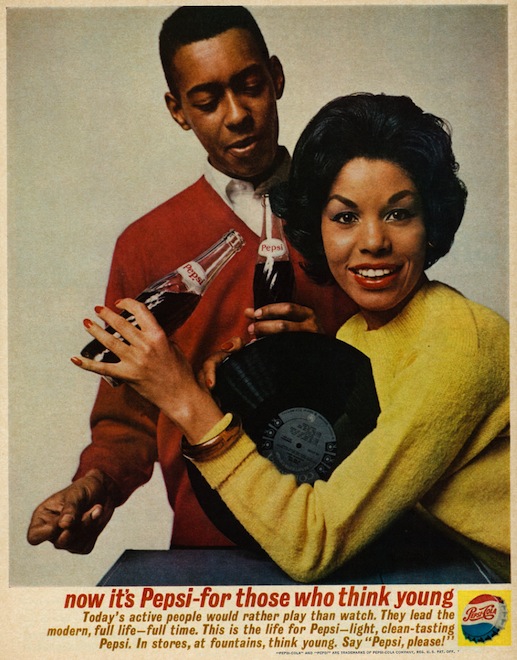
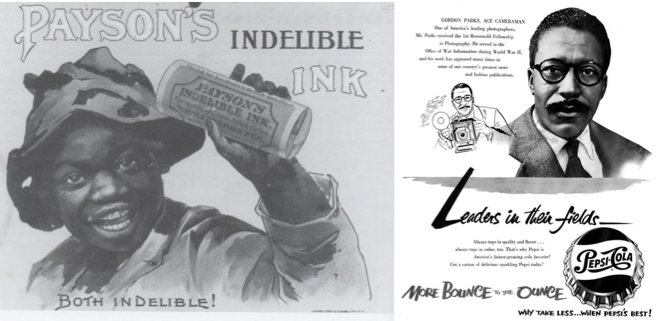
I worked in advertising in the early 80’s and was the only Black female (Account Executive) with one Black Nigerian Assistant Art Director in the firm of Dancer Fitzgerald Sample, now Saatchi Saatchi DFS. In creative meetings the white department heads would posit information like ‘all Black people like sweet alcohols like Boone’s Farm Apple Wine’. When I countered that my Black friends and I drank sake, martinis and single malt scotch, they countered with, “you really aren’t Black, Cheryl”. They meant this as a compliment even though, with my chocolate complexion, I was never mistaken for anything other than Black my entire life.
In their minds, the only ‘real’ Black people were in the lower financial, educational and cultural class. And even then, they were lumped as one monolithic entity, at a time when none of these individuals had gone to integrated primary schools and only socialized with white in college and lived in white exclusive neighborhoods. None ever invited me to their homes and when they came to mine, they were angry at the quality of the art, furniture and neighborhood and wanted to know how I did it.
In your investigation into and discussions of racism against Black people in advertising, please do not overlook the importance of broadcast media programming to the content of advertising. Ads accompany TV shows and news programs and all the media outlets are controlled by White men.
It is not in their financial or social interest to be non-biased. Note that when a crime is committed, if it is perpetrated by anyone who is not White, then their race is mentioned–seldom do they describe the person as White. Everyone in the North knew about the atrocities perpetrated against Blacks in the South. Lynching postcards were ubiquitous. They had been to the South and saw the Whites Only signs and knew of tactics that disenfranchised us from voting, getting business and home loans or gaining admittance into ivy league and reputable colleges. They made the law that said All Men Are Created Equal while owning slaves. In the North, they smiled in your face when your name or resume did not signal your race then threw your resume away and segregated all Blacks into specific neighborhood. It is pervasive and continues to be–look at the Academy Awards, the heads of Fortune 500 companies, the owners of sports franchises, the presidents of Universities, etc.
Cheryl, this is the daughter of Marilyn Reynolds. She passed away on 3/6/16. If you’re on Facebook, please details here: https://www.facebook.com/events/1710369455844363/ for Sun 5/22 from 1-4p at Charlie’s Grill in Windsor. Please email me!
http://www.fadingad.com/fadingadblog/2009/09/05/pancake-days-is-happy-days-aunt-jemima/
Both indelible. Well that just says volumes. Payson’s ink likened to a descendant of enslaved African (based on the tattered hat) because you know you can’t get that black out.
Pepsi Cola’s More bounce to the ounce is MORE offensive because of the association of Leaders in their Fields with the stereotype of all that blacks are good dancers.
Coded messages are oppressive. It will be important to get specific because liberals and professed progressives love to get on soap boxes for civil and human rights equality but often slip into appropriation. Copy and other advertising that targets specific demographics based solely upon the hegemonic perspective cannot filter itself for racism.
The dismantling of targeted ethnic advertising, and a shift towards a wide “Total Market” approach, might sound fair in theory, but in practice (as I and my colleagues are living it today, in 2016), it means the death of the very few minority ad agencies left that provide careers and lifelines to people of color like myself.
As brands and ad agencies shift from targeted marketing to a Total Market approach, they are indeed saving time and money for themselves. And they are taking it out of the pockets of ethnic ad agency professionals whose agencies and business are closing down left and right.
We’ve lost two major independent ethnic ad agencies in America in the last 6 months, whose main clients were shifted to bigger ad agencies under the control of white, UK-based holding companies that claimed they would be better at doing ethnic niche market work under the banner of “Total Market,” and would save the client money, too. So countless people of color are out of work, and holding companies that aren’t even based in America, and who have systematically locked ethnic minorities out of the industry at large, lined their own pockets instead. That’s not a win for diversity in America, that’s a tragedy.
There are two main issues at play:
First, those ethnic ad pros are NOT being absorbed into ‘General Market’ agencies in meaningful ways; they’re simply being hired on a contract basis to add a little color or translate projects into foreign languages AFTER the all-white full-time staff does the work. There’s no way for anyone of color to make a living off of one-off jobs.
Second, the reality of a “Total Market approach” is that all-white advertising teams are simply casting people of color in front of the cameras, while not adding any behind the scenes. It’s very typical right now to see ads that have one Caucasian actor, one Black actor (but not too dark-sinned; that’s the status quo), and one ambiguously ethnic actor who can pass for Latin, Asian, Native American or Middle Eastern. The casting specs issued by US ad agencies nationwide actually call for “Ambiguously Ethnic” talent, because they can save money by having one person kind of, sort of, represent four vastly different communities. But there’s still no diversity behind the scenes.
As heartbreaking as the vintage ads posted here are, the bigger issue, then and now, is that there are no people of color deciding how their own communities are portrayed. I’d argue that it’s even WORSE now, in the modern era, because brands and advertising agencies are lying through their teeth and saying they are committed to diversity in public, and capable and excited to do Total Market work, but squeezing even more people of color out behind close doors.
“Total Market” is simply a code phrase for, “Our all-white advertising teams going to do business as usual, but now eat up all of the crumbs we used to feed ethnic agencies, too — without hiring anyone ethnic in a full-time, meaningful way.”
Um…. why are there no ECDs or CSOs of color on the panel? Do not say there are none. That’s the problem endemic in our industry.
Where’s the Black People who can address racism? And I don’t mean the 1 guy either!
If you don’t have their phone numbers, I can get you at least 10 which includes founders/owners/copywriters/Art directors/Producers/Account Management…This is shameful and confirms how someone does not think that Black folks can or should address this topic. I just don’t get it. Believe me, we are all talking and it’s one of those SMH moments. It’s not good.
In 2020 and into 2021, racist advertisers are coming back with a vengeance; despite the majority of equality-normalized diversity advertising. The old ‘blacks jig-jiving while grinning like idiots’ stereotype has come back in 20 ads in north america in this small timeframe; particularly in the ads by Geico, Epsom, Fingerhut. All the pro-racist ad apologists simply have to be ignored and pushed out of the way for progress to be made; for those are the idiots who have aided in suppressing and shunning equality and diversity.
Make complaints to advertising watchdog groups and to the companies related to prejudice/stereotype advertising.
https://www.youtube.com/watch?v=zTNXoJ7Vyj8